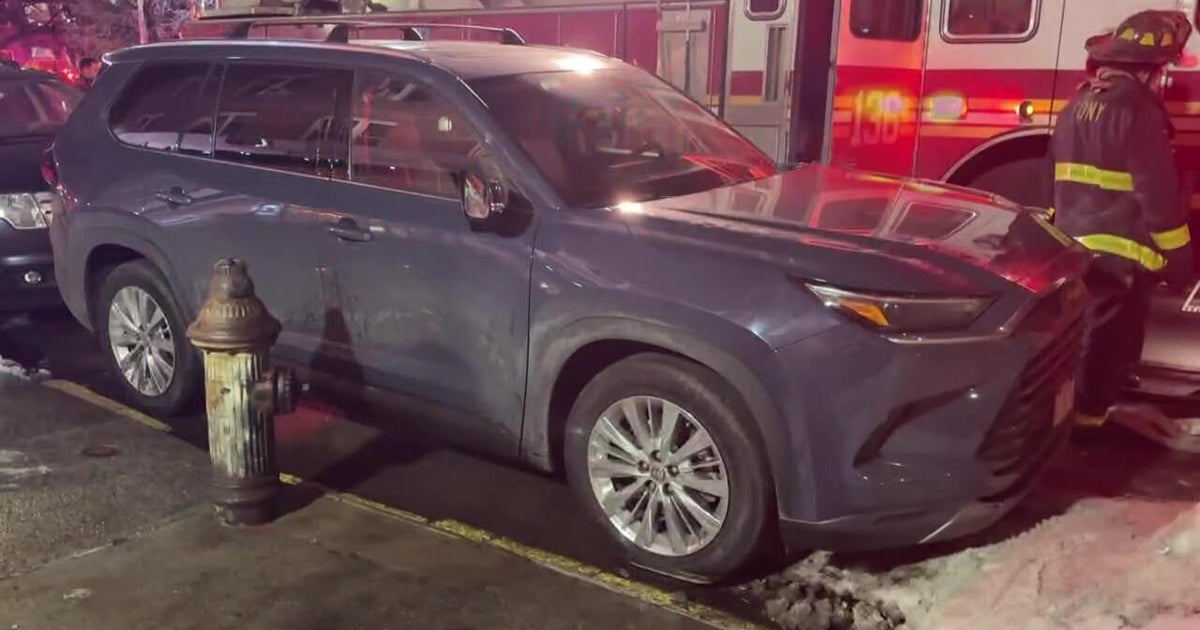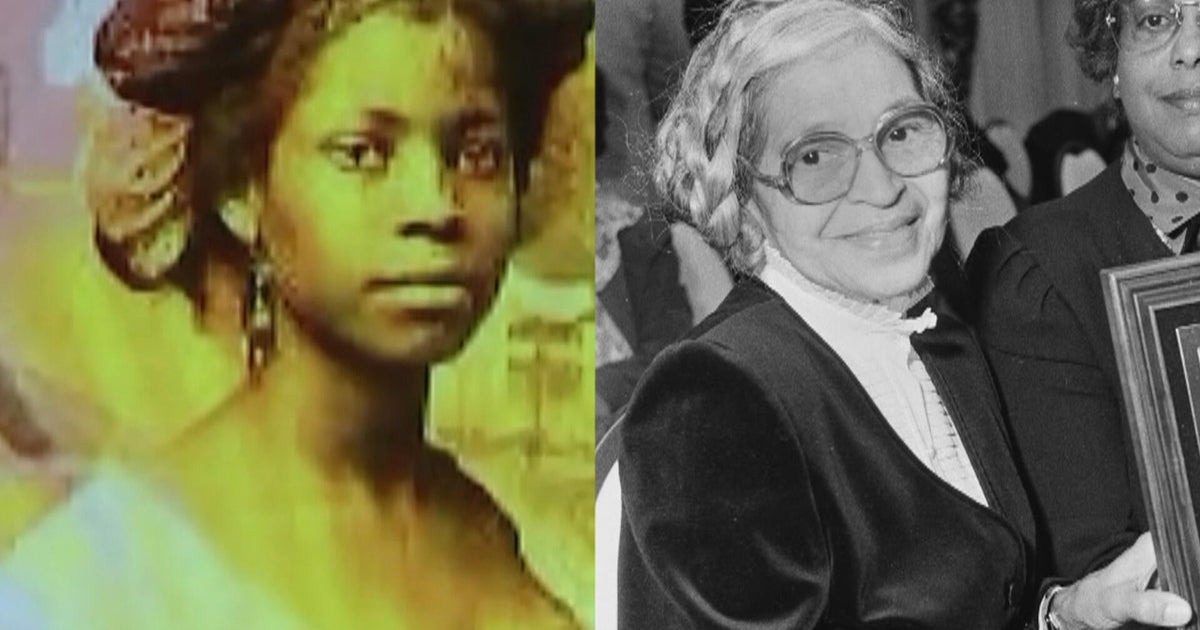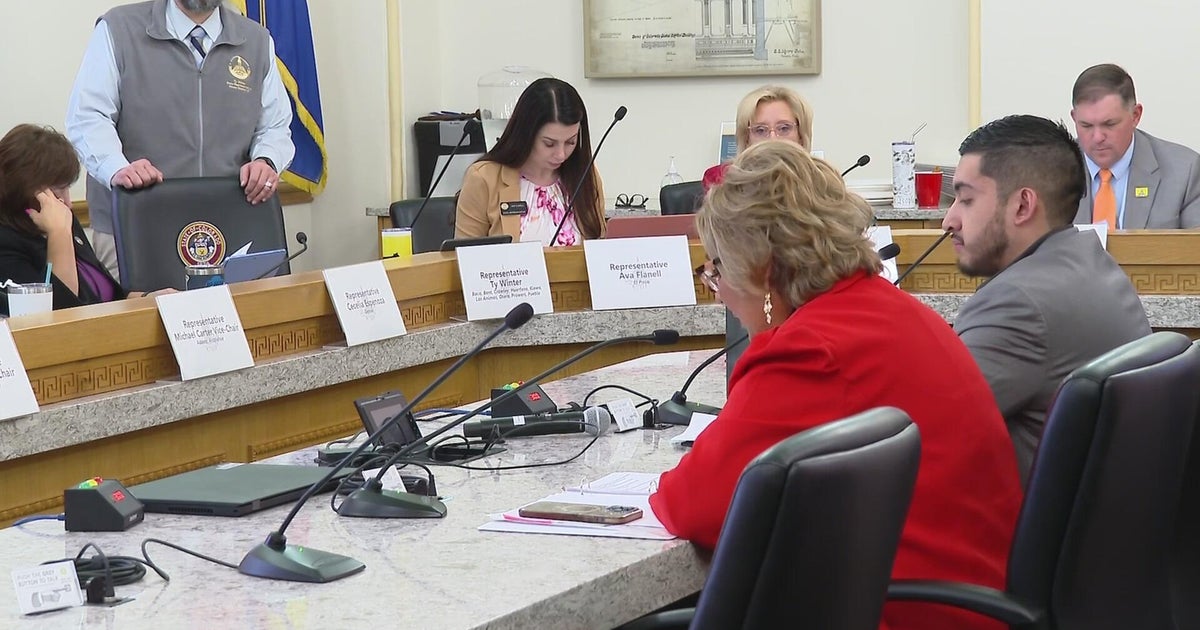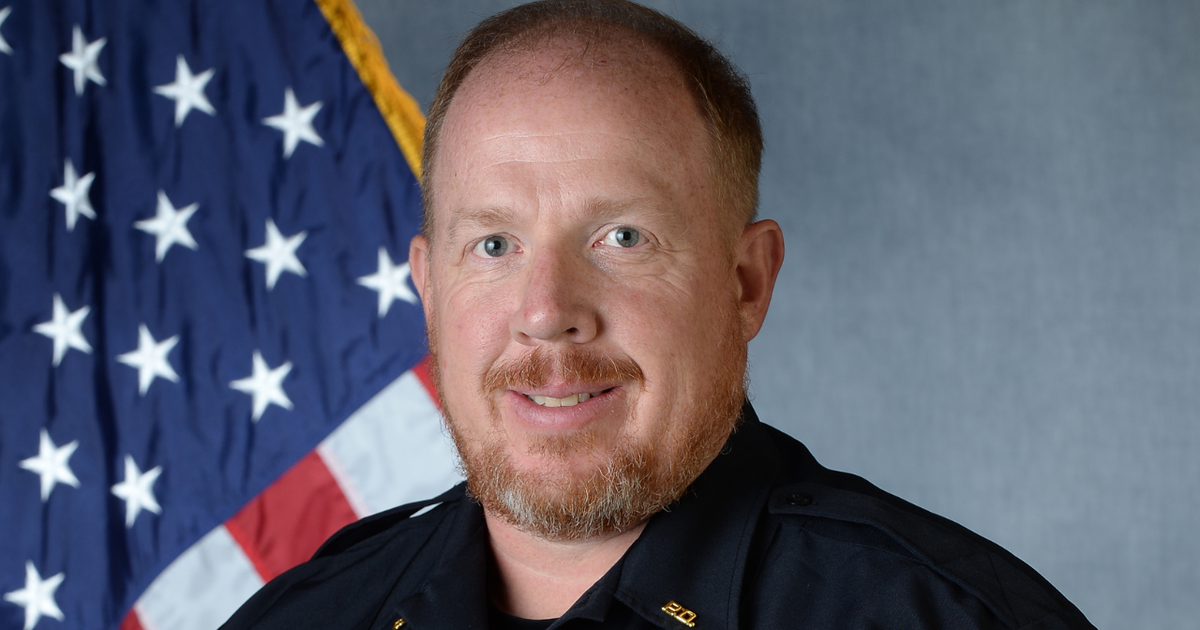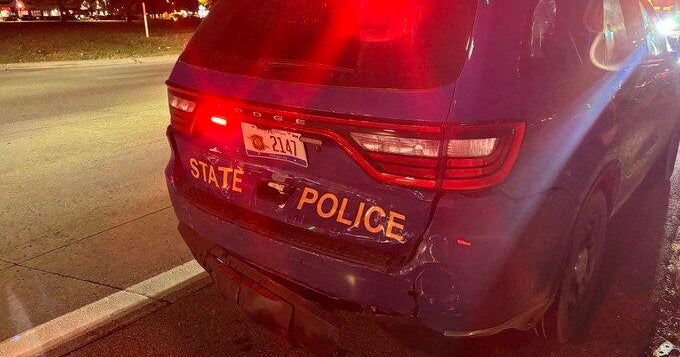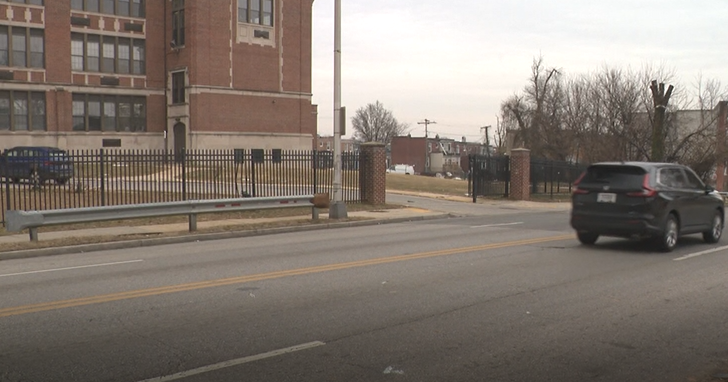Lawmaker Seeks Regulation Of DUI Checkpoints
SACRAMENTO, Calif. (AP) -- A week after Nora Ramos gave birth by Caesarean section, she found herself walking five miles home with her husband and four children.
On their way from the hospital in Modesto, the family had been stopped at a DUI checkpoint. Ramos' husband, who had been driving because his wife was dizzy from morphine, did not have a license, and police impounded their car.
That was four years ago. Today, Ramos is joining civil liberties groups and those advocating for minority rights, who say dozens of sobriety checkpoints throughout California have been used to generate impoundment fees rather than arrest drunken drivers.
They support a proposed law from Democratic state Assemblyman Michael Allen that aims to restrict the inspections to their intended purpose of stopping drunken driving.
"Yes, I understand, if they are drunk drivers, grab them, throw them in jail," said Ramos, who is 33. "But what about people who have nothing to do with that?"
Allen, from Santa Rosa, said cities and police have strayed from the original mission of checkpoints, increasingly using them to seize vehicles.
Impoundments increased 53 percent statewide between 2007 and 2009, according to his bill, AB1389. It says that in many cities, the ratio of impoundments to DUI arrests is 20 to 1.
Jeannette Zanipatin, an attorney with the Mexican American Legal Defense and Educational Fund, says the checkpoints target minorities and the poor, among them illegal immigrants who cannot legally obtain driver's licenses.
"There's less resistance, there aren't advocates, there's no recourse for these people," she said.
The problem, according to Allen, is that many drivers and their families end up stranded once their vehicles are hauled off. Ultimately, they also forfeit the vehicles because they can't afford the impoundment fees, which can be thousands of dollars. That includes Ramos, who says her husband lost his construction job along with the family car.
"The idea that people lose their livelihoods because they can't have family come help them doesn't make sense to me," Allen said. "It seems cruel and heartless."
Zanipatin's group, which is among more than 20 that officially back Allen's bill, said cities and police misuse the checkpoints to make money.
"It's a way for them to generate revenue, easy revenue that goes unchallenged," Zanipatin said.
Multiple law enforcement agencies have denied that departments abuse checkpoints, including the California Police Chiefs Association.
"DUI checkpoints are exclusively about safety," the association's president, David L. Maggard, Jr., said in an e-mail.
Allen said some cities do treat the checkpoints as a way to raise revenue, but his priority is the effect on drivers. A 2005 federal court case prohibits officers from confiscating vehicles if they can be moved to a safe place or picked up by a licensed driver, such as a relative.
Some cities don't abide by the legal precedent, so AB1389 seeks to write that into law to avoid uncertainty.
Allen's bill also would codify another court ruling, this one in California. Decided in 1987, the state Supreme Court case requires officers to conduct their checkpoints on roads that already have a high rate of DUI arrests or accidents, and then give advance notice of the location.
Some advocates say that instead of adhering to the law, cities choose streets in front of churches, discount stores and other areas with large immigrant populations.
The state Office of Traffic Safety has looked into some of those claims and found that the locations chosen did not violate the 1987 ruling.
"I don't have any evidence of that at all," director Chris Murphy said.
Lawmakers who voted against Allen's bill in committee, all Republicans, said it ties the hands of law enforcement.
"I was a volunteer firefighter for 29 years, and I saw a lot of carnage on the road because of drunk drivers," said Assemblyman Kevin Jeffries of Lake Elsinore. "This weakens our ability to catch drunk drivers."
The legislation will be considered by the Assembly during the next two weeks, which is when each chamber must act on its own bills. Hundreds of other bills also are up for consideration, either in committee or on the floor before the June 3 deadline.
The Senate Appropriations Committee will take up dozens of bills Monday. Among them:
-- Patients at state mental hospitals would be screened for violent tendencies and their security risk under one of several bills responding to recent public safety problems. SB60 by Sen. Noreen Evans, D-Santa Rosa, would require that violence-prone patients be held in special units at the hospitals, or sent to prisons or jails if no other secure housing options are available. Patients who commit serious assaults also would be transferred out of the state hospitals.
-- Smuggling tobacco, money or cell phones into state mental hospitals would be a misdemeanor under a bill by Sen. Sam Blakeslee, R-San Luis Obispo. SB796 responds to complaints that contraband within the hospitals can lead to extortion and assaults among patients and staff.
-- Juveniles sentenced to life without the possibility of parole could get a second chance under SB9, by Sen. Leland Yee, D-San Francisco. His bill would let courts review the life sentences after 10 years. Judges could reduce them to 25 years-to-life under the bill, which victims' rights groups oppose. About 275 California inmates are serving life terms for crimes committed before they were 18.
-- Doctors and pharmacists would be permitted to give up to 30 hypodermic needles or syringes to an adult without a prescription under a bill by Sen. Leland Yee, D-San Francisco. SB41 is intended to improve public health by deterring drug users from reusing dirty needles.
-- Courts would be required to make newly filed cases public the same day they are filed, under SB326. Sen. Leland Yee, D-San Francisco, said some courts make the public and news media wait two weeks or more to view new cases. Yee said the problem arose when some courts required the documents to pass through several layers of administration before they are publicly available.
-- Two bills would do away with the state corrections department's independent inspector general, splitting the duties among other agencies. SB777 by Sen. Ted Lieu, D-Torrance, would transfer prison audits to the Bureau of State Audits. SB490, by Sen. Loni Hancock, D-Berkeley, would eliminate the inspector general position and create a new Office of Independent Correctional Oversight that would pick up many of the remaining functions.
Here are bills in the Assembly:
-- Community colleges would be able to sell alcohol during special events under AB319 by Assemblyman Chris Norby. The Republican from Fullerton wants to permit the sale and consumption of alcohol at all campuses for festivals, concerts and plays, saying it is important to maximize fundraising. Community colleges in two counties, Los Angeles and Alameda, already enjoy that allowance. The legislation is on the Assembly's consent file.
-- Foster children would receive preference for internships and student assistant programs at state agencies if Assemblywoman Holly Mitchell's bill passes. The Los Angeles Democrat believes AB735 will cut the high rates of homelessness, unemployment and drop-outs among those who have been through foster care. The bill awaits consent from the Assembly.
-- Some public universities and colleges already ban smoking on campus, but legislation proposed by Assemblyman Marty Block, D-San Diego, would give those bans some teeth. Under AB795, schools could slap fines of up to $100 on anyone who violates their anti-smoking rules. The bill encourages those schools to post signs that warn about the fees and inform students and staff. The Assembly will vote on the bill in the coming two weeks.
-- A component of AB5 by Assemblyman Felipe Fuentes, D-Sylmar, is drawing the ire of major teachers unions. It would overhaul teacher evaluations, in particular to include student test scores. The assessments would happen annually for new teachers and every two years for the rest. AB5 would take effect in the 2012-2013 school year and cost $25 million to $30 million to implement, compared with current teacher evaluations, which cost about $20 million. It is on the suspense file of the Assembly Appropriations Committee.
(Copyright 2011 by The Associated Press. All Rights Reserved.)
